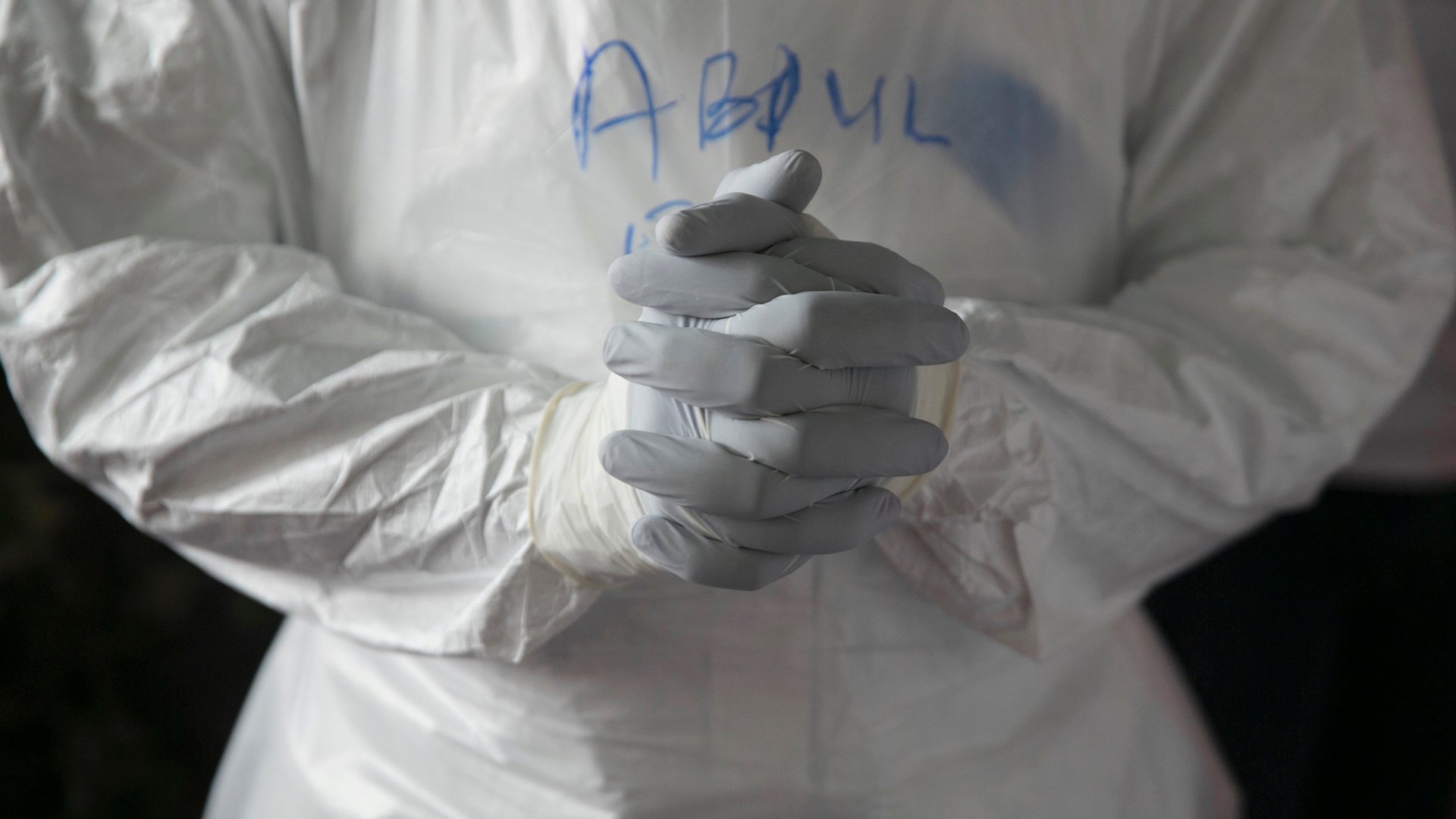Don’t panic: the Ebola virus is back
Lubumbashi, DR Congo


Lubumbashi, DR Congo
The Ebola virus has returned.
The World Health Organization declared an Ebola outbreak in the Democratic Republic of Congo on May 12 after three people died. The situation, however, is not yet cause for panic.
WHO said it was informed of a “cluster of undiagnosed illnesses” that include the telltale signs of hemorrhagic symptoms in patients in Likati, in the Bas-Uélé province close to the border with the Central African Republic. From here in the south of the country, there are no outward signs of panic, despite the fatalities.
There have been nine suspected cases in the region since April 22 and six people remain in hospital. WHO did not link the outbreak to the West African outbreak in 2014 that killed more than 11,300 people in Guinea, Sierra Leone, Liberia and neighboring countries. Scenes from that outbreak haunted the world as people died on the street, too sick to reach the woefully ill-prepared hospitals.
This time, the Congolese government’s reaction was quick (link in French), sending a team of doctors and scientists to the region to determine the extent of infection. So far, of the five samples tested at labs in Kinshasa, only one has been confirmed definitively as having the ebola virus. Still, as a precautionary measure, the WHO and local authorities have officially declared this an outbreak.
This is the eighth outbreak in the country, which has been associated with the deadly virus since at least since 1976. During the last outbreak in 2014, the DRC stood out for its ability to manage the outbreak and prevent it from spreading. Only 49 people died in the DRC, compared to the thousands that died in surrounding countries that had less experience handling the disease.
The DRC’s coordinated response to any ebola flare-ups is a lesson to anyone battling a deadly contagion. Health workers across the country are always on standby and are quick to alert national authorities. Communities and their traditional leaders have also been trained how to practice safe burial processes, and to cede control of the crisis to health authorities.
While the most recent ebola outbreak seems unlikely to spread, health authorities are already seeing it is an opportunity to test a desperately needed vaccine in an unfolding outbreak. Doctors Without Borders are reportedly in talks with the Congolese government to launch a vaccine campaign. There are currently 12 potential vaccines, one of which has already begun to see early success in Guinea.
There is no reason to panic about this most recent Ebola outbreak, yet. But if the worst case scenario does unfold, the painful lessons learned from previous outbreaks will bring respite.